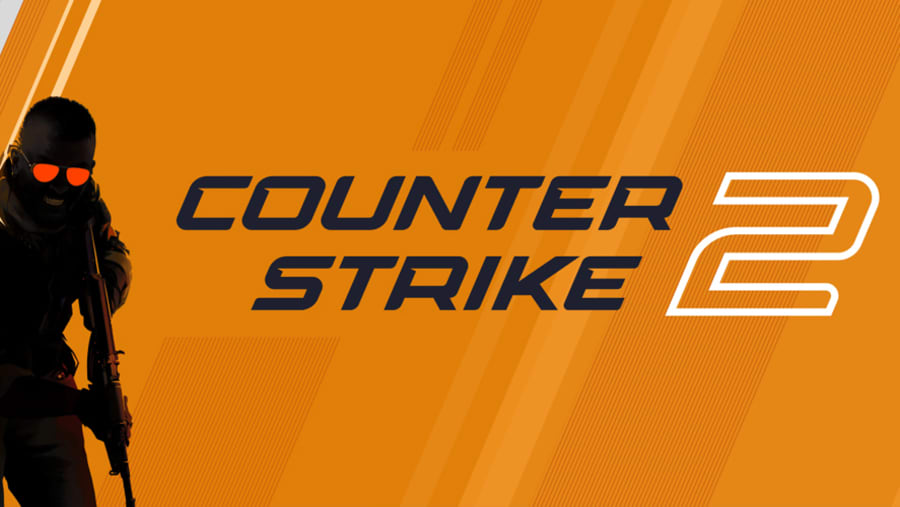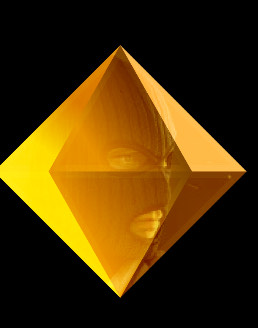New CS2 Update Introduces Anti-Cheat Enhancements and More
Valve has just rolled out a significant update for Counter-Strike 2 (CS2), focusing on critical anti-cheat improvements and input detection that are set to change the game for many players.
Here’s a breakdown of what’s new and why this update is so important for the CS2 community.
Key Update Highlights
Input Automation Detection: Valve has introduced new measures to detect and address automated movements and shooting inputs, specifically targeting hardware-assisted actions like counter-strafing. Players using such automation on official servers will now be kicked from matches. The update also notes that input binds combining certain commands will be ignored unless manually re-enabled with a cheat-protected command.
VacNet 3.0 Testing: One of the most significant elements of this update is the announcement that VacNet 3.0, the latest version of Valve’s anti-cheat system, is now in limited testing. This system aims to further refine the detection of cheats by learning from a large pool of data, much like its predecessors. Valve is encouraging players who believe their match was wrongly canceled to reach out via email, highlighting their commitment to refining this system.
Player Feedback and Automation: Valve’s stance on automation is clear—they want to preserve the core skills that make Counter-Strike competitive. Automation that circumvents these skills is now explicitly not allowed, and players found using such tools will be removed from matches.
The Evolution of Anti-Cheat in CS2
Valve has been progressively tightening its anti-cheat measures, and this update represents a major step forward. The implementation of VacNet 3.0 signals Valve’s increased confidence in their AI-driven cheat detection. VacNet, which was first introduced over six years ago, has evolved through continuous learning from OverWatch cases. The latest iteration aims to catch cheaters more effectively, with an emphasis on maintaining fair play.
What This Means for Players
For players who have invested in hardware designed to automate gameplay, this update could mean significant changes. Those using such devices may find themselves frequently kicked from matches on Valve’s official servers. The introduction of VacNet 3.0 also means that cheaters are more likely to be caught and penalized, ensuring a more level playing field.
While this update doesn’t include new content like maps or modes, the long-term impact on game integrity could be substantial. The inclusion of new strings related to Danger Zone in the game files suggests that content updates may be on the horizon, but for now, the focus is squarely on refining the game’s anti-cheat mechanisms.













